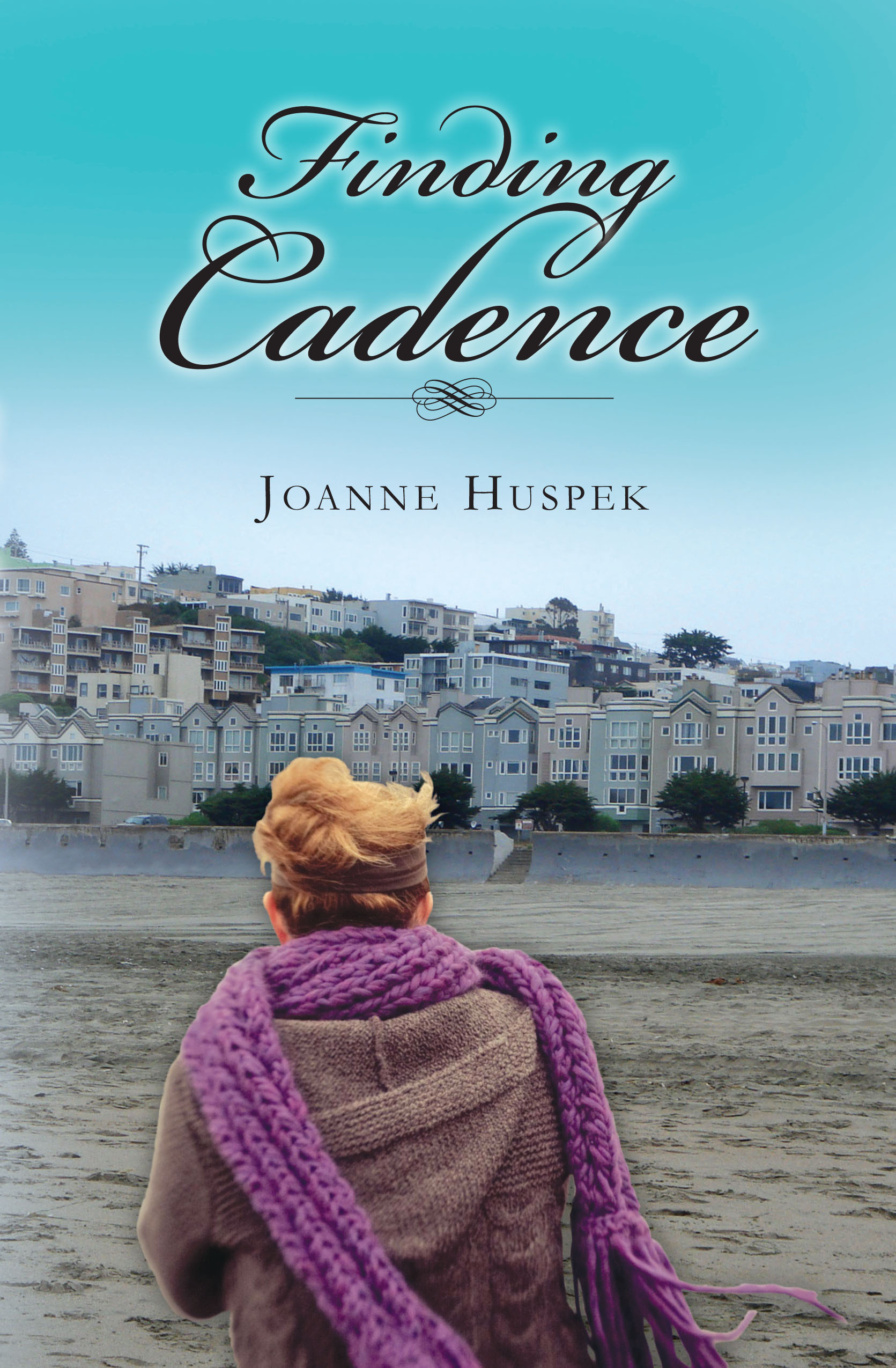It’s true: sometimes you must step away from your work long enough to gain a different perspective.
This is why writers seek feedback. (Perhaps not all writers, but this one does!) We use our family members and friends, look for critique groups, employ the use of editors and book doctors – basically run our manuscripts through the wringer and then some. Some use feedback to gloat and marinate in praise. I need it because I see the value in being slapped silly every now and again.
Take my good friend, The Little Fluffy Cat. She’s not really a cat, but a great writer, and on top of that, a kick-ass editor. I’ve emailed her passages and she red-lines and returns them in minutes. “No, this won’t work.” “Adverbs?” “Purple here.” (These aren’t quotes, but it’s along those lines. Plus there’s many strike throughs. I can almost hear her sighing from Texas.) I don’t ask her often, because she’s a busy woman. I ask her when I need an unvarnished review. I’m not sure what she really thinks of me, but I must be somewhat amusing because we’re still friends after all these years.
It smarts a little to read a LFC edit, but she’s 100% right.
And while I have an Editor for Life, I like the idea of another pair of eyes. I’ve signed up for classes to work on my manuscript, one that’s already been through the editorial process. MANY times. I am thinking that my ED may be too close to me to give me an unabashed review. (He likes me. I like him. As a person, not just an editor.) I suspect my ED is like me, the writer. We are too close to the trees to see the forest. (Or too close to the forest to see the trees.)
Recently, I signed up for a Savvy Author mentoree class for my manuscript, Finding Cadence. The current edit is better, much better, but I’m going for making this manuscript the best I can. While waiting for my Book Doctor-Mentor to read the manuscript, I hurried to finish the current edit.
Then I put the book away.
She called me a week or so later and we had a nice chat about what she liked, what she didn’t like, what was unclear, and what could be improved. New Eyes Hillary pointed out a few things that were true, basically the sapling trees I’d forgotten were in my forest. She had me send her an outline. This took a while, because the outline saved on my computer was a few incarnations of this book ago and the middle and end was nowhere close to what it is now.
Again I put the book away.
Lately I’ve been working on a different edit. My brain has been full of Cadence for the last six months. It’s time to give it a temporary rest, while I pursue some other work.
If your work is starting to look like a blur of green, step away from the forest. When you return, it will be that much clearer.








2 Responses to Writing: Not Seeing the Forest for the Trees